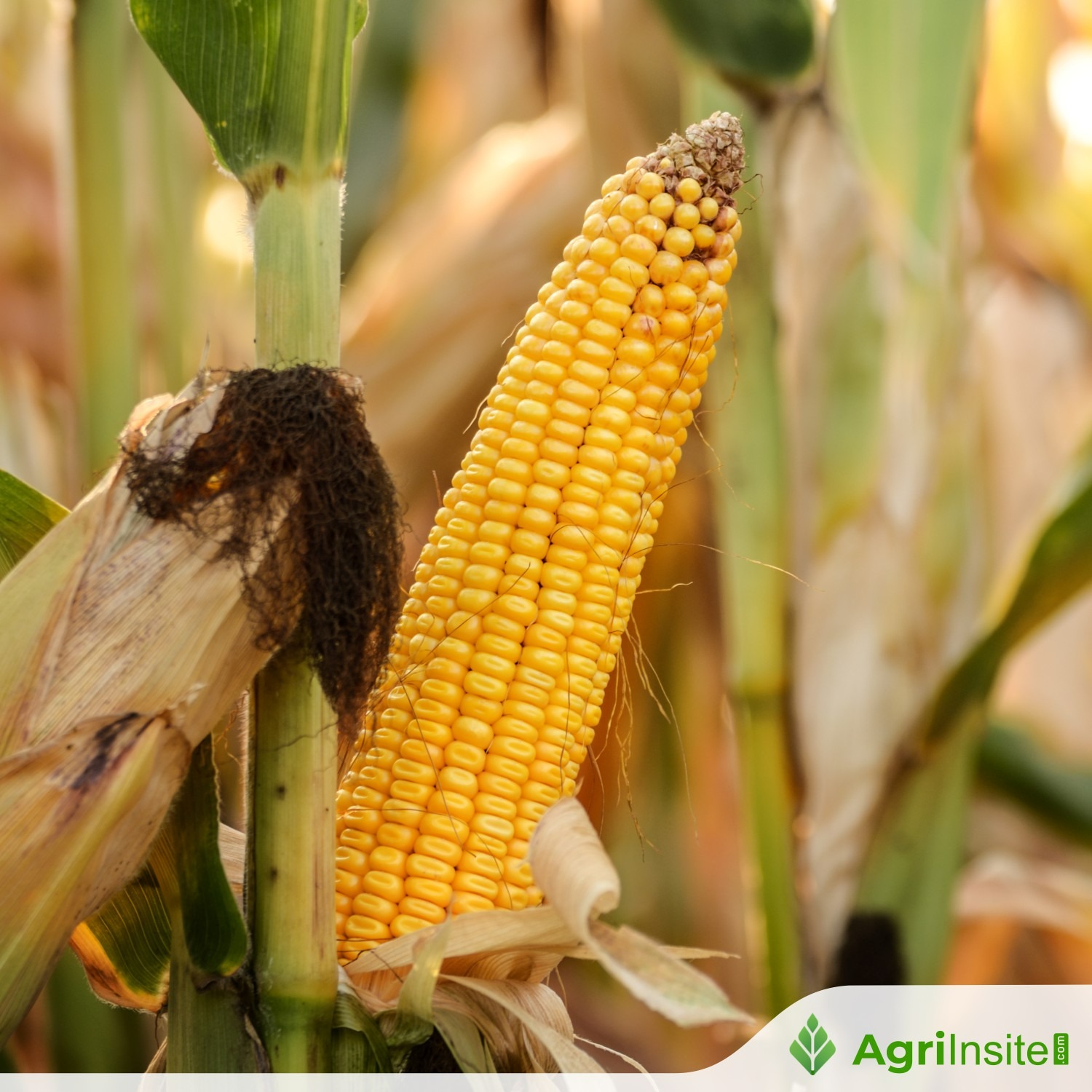Ludhiana-Punjab : ICAR hosts workshop to boost maize yields in push for bioethanol

India is promoting maize-based ethanol to meet its 30% petrol blending target by 2030. A three-day ICAR-IIMR workshop trained 27 field staff across 15 states to boost maize productivity. With maize yielding 380 litres of ethanol per tonne, efforts focus on hybrids, mechanisation, and crop diversification to ensure raw material supply.
With the Indian government pushing for a significant increase in ethanol blending with petrol, a three-day training-cum-workshop on the theme ‘Empowering Field Implementation for Maize-Based Bioethanol and Catchment Development’ kicked off at the Indian Council of Agricultural Research (ICAR)–Indian Institute of Maize Research (IIMR) at Ladhowal here on Wednesday.
A total of 27 field personnel associated with the project, working across 78 districts in 15 states, participated in the programme. The participants shared progress from their respective regions, including successful field interventions, increasing farmer participation, and dissemination of advanced maize production technologies.
Director, ICAR-IIMR, HS Jat emphasised the need to enhance maize productivity through scientific and cost-effective methods. He highlighted that the Government of India aims to achieve 30 per cent ethanol blending (E30) in petrol by the year 2030, for which maize is emerging as a key feedstock. He stressed the importance of field-based innovations and greater farmer participation in achieving this goal. To accomplish the E30 mission by 2030, India needs to produce 65–70 million tonnes of maize annually, with an annual growth rate of 8–9 per cent. This will require the deployment of high-yielding hybrids and mechanisation.
The event is being held under the project titled “Enhancing Maize Production in the Catchment Areas of Ethanol Industries.”
The workshop was inaugurated under the chairmanship of HS Jat. On this occasion, SL Jat , Ph Romen Sharma (co-principal investigator), and other scientists of the institute were present.
Principal investigator, SL Jat, while highlighting the objectives of the workshop, stated that the main aim of the project is to ensure a stable supply of raw material for ethanol production through enhanced maize productivity. He underscored the need for greater coordination and experience-sharing among regional scientists and field staff.
Status of Maize in India
In the year 2024–25, the total maize area in India stood at approximately 12 million hectares, with an average productivity reaching 3.5 tonnes per hectare. Maize is no longer limited to animal feed and industrial uses; it is now emerging as a promising alternative crop for ethanol production. From one tonne of maize, around 380 litres of ethanol can be produced, making it a viable option alongside sugarcane for ethanol production.
This workshop will serve as an effective platform for knowledge and experience exchange, and will play a crucial role in strengthening the national mission of sustainable maize production with a focus on ethanol. ICAR–Indian Institute of Maize Research (ICAR-IIMR) is actively promoting Kharif maize cultivation in Punjab as a strategic intervention to address the challenges of crop diversification, regional maize deficit, and environmental conservation. As part of its ongoing efforts, the institute successfully demonstrated improved maize varieties and production technologies across more than 450 acres during the Kharif season 2025 in key maize potential districts including Jalandhar, Ludhiana, Gurdaspur, Amritsar, Pathankot, Moga, Hoshiarpur, Patiala, SBS Nagar, Sangrur, Fazlika, Bathinda and Sri Muktsar Sahib.
To strengthen farmer engagement and adoption, capacity-building programmes and awareness campaigns are being conducted regularly. These initiatives aim to promote sustainable maize-based cropping systems that can help reduce dependence on water-intensive paddy, bridge the maize supply gap for feed and ethanol industries, and contribute to ecological balance through reduced groundwater extraction and improved soil health.
To Read more about Maize News continue reading Agriinsite.com
Source : Hindustan Times















